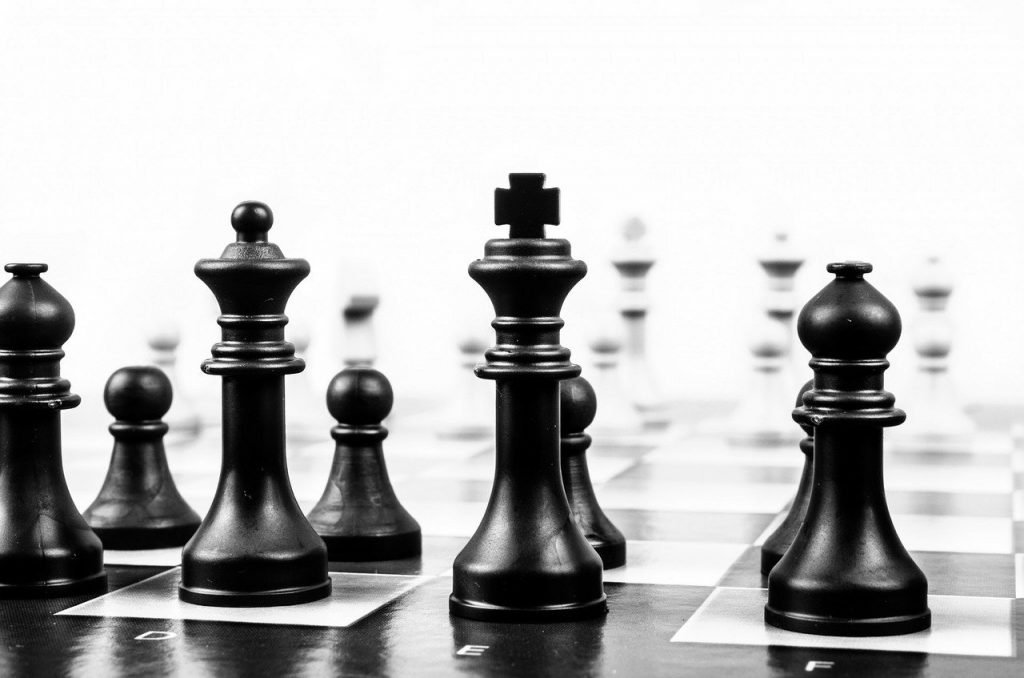We back our national mediation and negotiation practice with our innovative research at BCS Dispute Resolution Research Institute. We study game theory, applied psychoanalysis, attachment theory and other important elements of conflict in order to bring you a scientifically-based service.
We are truly excited to go to work every day, and especially hopeful that our work can, in some way, contribute to a more evolved, more cooperative, and more peaceful process for the resolution of conflict and disagreement. We find that one’s cultural framework, personal perceptions, and family history can play a major role in how he or she chooses to approach a conflict resolution process. Thus, we focus on applied psychoanalysis, which can help us discover and understand how a person sees potential resolution with his or he conflict partner or partners.
This belief has led to a number of related research projects at BCS Dispute Resolution Science and the Existential Psychoanalytic Institute & Society that focus in this direction. We also find great value to use the toolkits of mathematics and logic in our work, which helps us create rational and analytic structures for various conceptual problems that arise in our cases. For example, game theory and fair division mathematics are a regular component of much of the work we do for our clients. We also use any other discourse, conceptual took, or successful technique in our practice, and regularly test them in our research. For example, we use our own form of discourse analysis to understand our clients at a deeper level, and what they are trying to say within the language of conflict.



